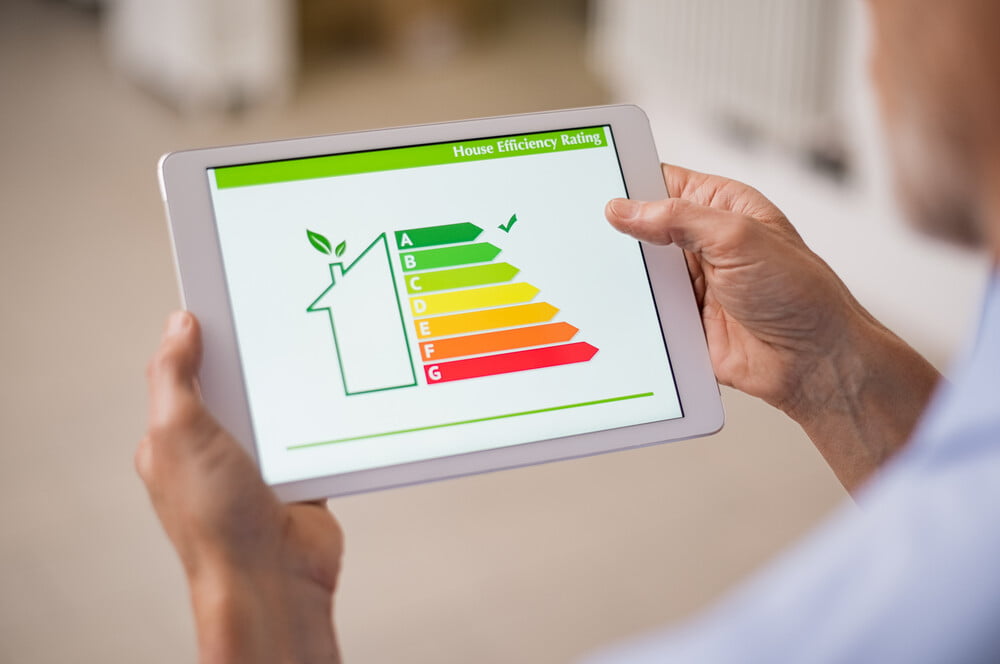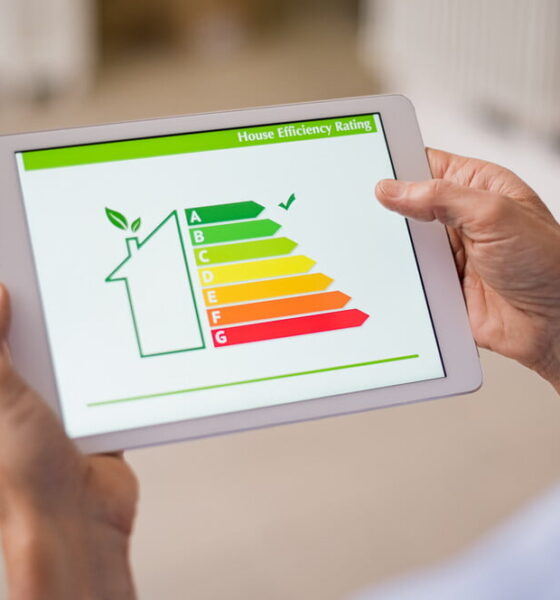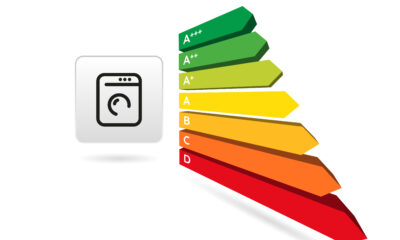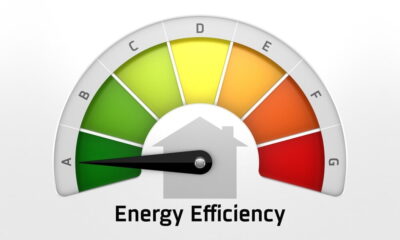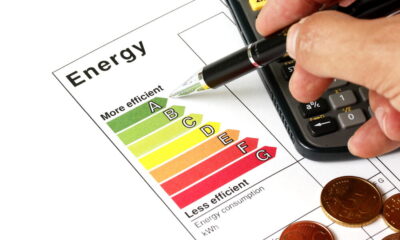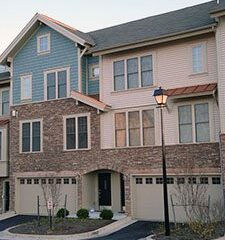“They don’t make houses like they used to!”
Sayings like this are commonly regurgitated in the real estate business. They’re generally used to refer to the fact that old homes have superior construction (when compared to cheaper, newer builds). But there’s also a flip side to this equation. In addition to offering better construction and more character, these properties also tend to be less energy efficient.
Older homes were built prior to central heating and air and other advanced systems. And if they happened to have them installed, the systems and methods used are no longer considered energy efficient. Not only is this unsustainable and wasteful, but it’s also expensive to homeowners who are looking to keep energy bills low.
Here are some smart ways you can breathe new life into your house and make it more energy efficient:
1. Get an Energy Audit
You have a general idea that your home is inefficient, but it’s helpful to put some factual data and evidence behind your assumptions. This is where an energy audit comes into play.
A home energy audit, also called a home energy assessment, is designed to help you see precisely where your home is losing energy. It usually consists of a room-by-room examination by a certified energy inspector, as well as an infrared assessment (which scans your home with state of the art infrared cameras and provides a visual map of where energy is being wasted).
Depending on where you’re located and which utility providers you use, professional energy audits may be free. If nothing else, they’re cost-effective ways to gather the insights you need to make profitable improvements.
2. Seal Air Gaps and Leaks
One of the first things to do is locate air gaps and leaks so that you can seal them and prevent heating/cooling loss.
Common areas for air gaps and leaks include around windows and doors, in the foundation, attic, pipe inlets, etc. Addressing these problem areas with a combination of insulation, tape, caulk, and weather stripping can greatly improve your home’s overall efficiency.
3. Upgrade Systems and Appliances
There are a few systems in the home that matter more than others (in terms of energy efficiency). These include your HVAC system, water heater, and major home appliances – such as the washer, dryer, refrigerator, oven, and dishwasher. If these systems and appliances are nearing the end of their useful lives, consider upgrading to more energy efficient models.
The ENERGY STAR label is considered the gold standard in energy efficiency. Even if it means paying a little extra, you’ll recoup the costs (plus some) in the months and years to come.
4. Swap Out These Small Items
Major improvements and upgrades are highly effective, but you don’t have to spend thousands of dollars to enhance your home’s energy efficiency. Small changes add up to major savings over time. Consider doing the following:
- Did you know that you could potentially save hundreds of dollars per year on utilities by simply swapping out inefficient incandescent light bulbs with more efficient CFL or LED options? According to one analysis, an average home could go from spending $50.25 per month in light bulb energy costs to just $7.97 with LEDs.
- Older toilets require a lot more water to flush than newer, low-flow models. In fact, replacing a pre-1980 toilet that requires seven gallons per flush with a newer model will help you save as much as 77 percent on water usage. That adds up!
5. Be Smart About Landscaping
Landscaping plays an important role in the energy efficiency of your house. Strategic placement of trees and shrubbery can reduce the unwanted exchange of heat from direct sunlight. Likewise, proper pruning and tree removal can allow shaded areas of the home to benefit from more natural heat. A good landscaper can walk you through some different options for your property.
Make the Right Improvements
Not every improvement on this list is guaranteed to work for your property. It all depends on how your property is set up and which options you have available.
Take your time to figure out precisely what can be done and what should be done. Choose the upgrades and renovations that make the most sense for your budget. That’s how you get maximum results with minimal effort.


 Environment11 months ago
Environment11 months agoAre Polymer Banknotes: an Eco-Friendly Trend or a Groundswell?

 Features10 months ago
Features10 months agoEco-Friendly Cryptocurrencies: Sustainable Investment Choices

 Features11 months ago
Features11 months agoEco-Friendly Crypto Traders Must Find the Right Exchange

 Energy10 months ago
Energy10 months agoThe Growing Role of Solar Panels in Ireland’s Energy Future
